By: Ali Farkhan Tsani, Senior Editor of Mi’raj News Agency
Rabi’ul Awwal is the birth month of the Prophet Muhammad and it is the third month after Muharram and Safar in the Hijri Calendar.
The scholars explained, Rabi’ul Awwal means the first stage of the spring month because in ancient Arabia, this month fell during the early spring. Another name for Rabi’ul Awwal is Rabi’ul Anwar meaning the month of the coming of the Prophet’s light spring because the Prophet’s birth is considered to bring the light of prophethood.
When the prophetic light shines as a gift from Allah, Muslims welcomed it with joy and Hijaz, Syrian people celebrated it every month, especially in Rabi’ul Awwal, they celebrate it every day and call it the “Spring of Light” (Rabi’ul Anwar). Each family celebrates at home.
Also Read: Verses of the Universe in Gaza: The Unyielding Light of Faith
Birth of the Prophet
Shaykh Muhammad Salih Al-Munajjid, one of the famous students of Shaykh Abdul Aziz bin Abdullah bin Baz, mentioned several tragedies happening when the birth of the Prophet. Although it has not been proven correctly, these tragedes are familiar to the public. Some of them are: the fall of 14 balconies in Kisra Palace, the extinguishing of the fire worshiped by the Magi and the collapse of statues around Lake Sawa.
The year of the prophet’s birth is also called the Year of the Elephant (‘Aam al-Fiil) because at that time, there was an attack on the Christian ruler, Abraha al-Asyram from Yemen and the elephant army to Mecca wanted to destroy the Ka’bah.
Abraha was a Governor of the Abesyiana Empire (Ethiophia) who succeeded in conquering the Kingdom of Saba (Yemen).
Also Read: Prophet Sulaiman Alaihi Salam, the Greatest Muslim King of All Time
At that time, he wanted to promote Christianity in Yemen, and he built several churches including the Al-Qalayes Church in Sana’a. A church with its marvels of construction, splendor and adornment.
He also prepared a campaign to destroy the Ka’bah which he considered a rival because of the many people attracting there. Abraha led the assault on the elephant army, but they failed to enter Mecca and reach his destination.
The miracle happened when Abraha’s army wanted to attack the Ka’bah. His soldiers died like leaves eaten by caterpillars, after being attacked by the birds of Ababil with hot stones from hell. This cataclysmic event occurred in a year known as the Year of the Elephant.
The Elephant Campaign left a great impact on Arabia, until the calendar was returned to the Arabs, elevating the status of the Ka’bah and strengthening the position of the Quraysh.
Also Read: Imaam Yakhsyallah Mansur: Surah At-Tin Indicates the Command to Liberate Al-Aqsa
The defeat of Abraha and his army is contained in the Al-Fiil verse 1-5(meaning: Elephant) : “Have you not seen how your Lord dealt with the masters of the elephant? Did He not make their plan go wrong? And sent against them flocks of birds. Striking them with stones of baked clay. Leaving them like chewed-up leaves.
The area in the capital of Yemen, which wanted to be used as a mecca for visits by Abrahah, now locals use it as a garbage dump and when the author visited the area, he saw the locals throwing garbage into the area.
Migration and Death
There is another major event which was also occurred in Rabi’ul Awwal, when the Prophet sallallaahu ‘Alaihi Wasallam and Abu Bakr Ash-Siddiq entered Quba during the Hijrah (deparature) on Monday, 12 Rabi’ul Awwal, the same day and date as Prophet’s birth.
Also Read: Imaam Yakhsyallah: Nurture Love for the Prophet, One Will Be with Whom One Loves
Historical records also mentioned, the Prophet sallallaahu ‘Alaihi Wasallam died on Monday, the 12th of Rabi’ul Awwal in 11 Hijr.
The three major events took place on Monday. Beside that, the Prophet began to be sent and receive Allah’s revelation on Monday.
The importance of Monday made him accustomed to fasting sunnah on that day.
That’s all the matters relating to the birth of the Prophet in Rabi’ul Awwal and other events in that month. Because of that, we have to study the history of the Prophet’s life journey, we live it and we take its lessons to live our lives. Allahumma shalli ‘ala Muhammad. (T/ri/RE1)
Also Read: Friday Sermon: Emulating the Firmness of the Prophet in Struggle
Mi’raj News Agency (MINA)






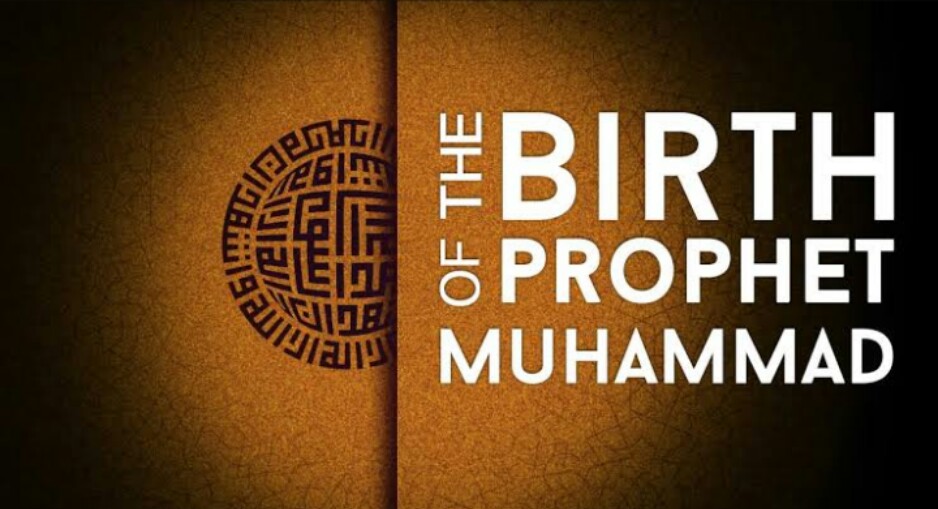







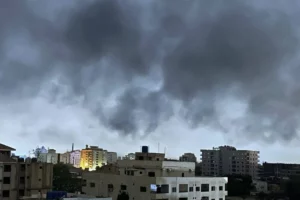
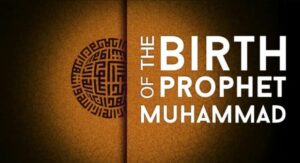


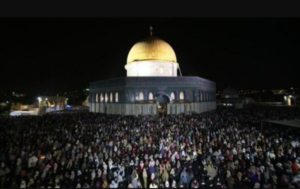
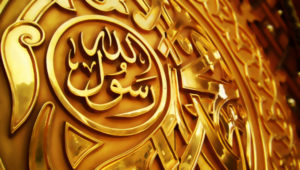
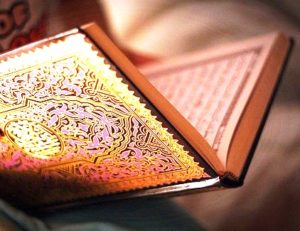












 Mina Indonesia
Mina Indonesia Mina Arabic
Mina Arabic